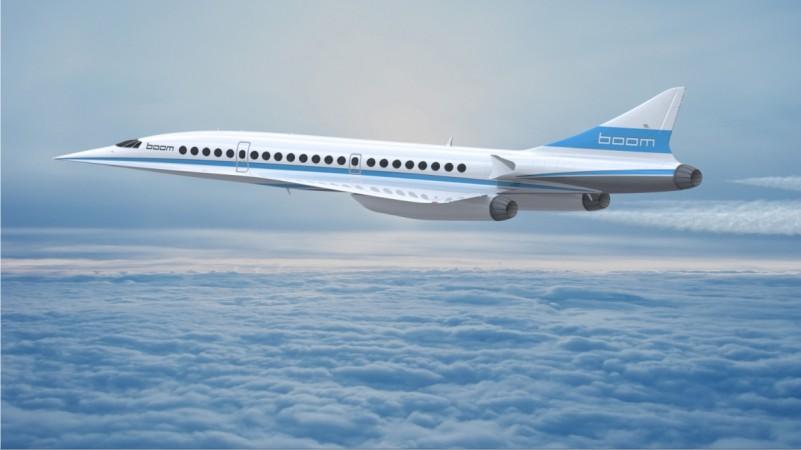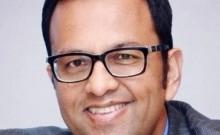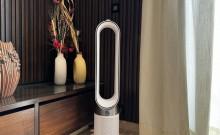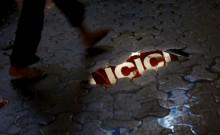In what would speed up Boom Technology's dream of making supersonic passenger jet, Japan Airlines (JAL) has announced its strategic partnership with the company. The new-generation superfast aircraft will travel at the speed of Mach 2.2 (1,451 mph / 2,335 km/h), which is more than double the speed of the average airliner (Mach 0.85).
Japan Airlines has agreed to invest $10 million in Boom besides helping to refine the aircraft design and has the option to purchase up to 20 Boom aircraft through a pre-order arrangement.
"We are very proud to be working with Boom on the possible advancement in the commercial aviation industry. Through this partnership, we hope to contribute to the future of supersonic travel with the intent of providing more 'time' to our valued passengers while emphasizing flight safety," said Yoshiharu Ueki, President of Japan Airlines, in a statement obtained by PRNewswire.

Blake Scholl, founder and CEO of Boom Supersonic, said that the company has been working with Japan Airlines behind the scenes for more than a year and expressed its happiness to work with JAL that has decades of experience in aviation.
Boom Technology had announced last year that it was working on world's fastest civil aircraft with plans to test flights by late 2017 and operational by 2020. It unveiled the XB-1 Supersonic Demonstrator, nicknamed "Baby Boom," at the Centennial Airport, Denver.
The supersonic passenger jet will take just 3 hours and 15 minutes from New York to London instead of 7 hours on a normal flight, and it will cost only $2,500 (one way).

It may be mentioned that Richard Branson, founder and CEO of the Virgin Group, is supporting Boom in R&D, while the aircraft's test flights will be conducted in partnership with Virgin Galactic's spacecraft manufacturing company, The Spaceship Company (TSC).










